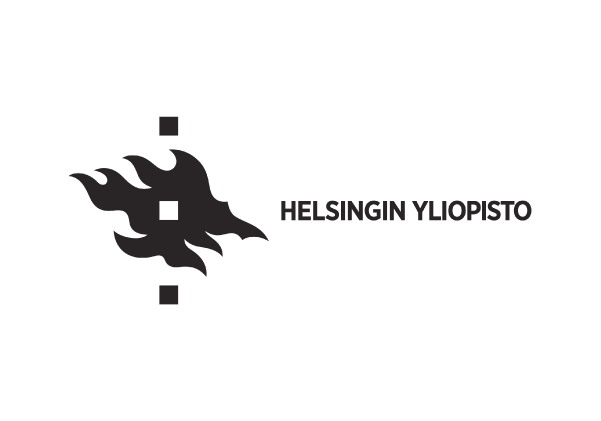The University of Helsinki has decided to compensate for the emissions generated by its
employees’ air travel in 2018 using Nordic Offset’s service. In 2018 the total amount of
kilometres flown with tickets purchased from CWT, the University’s partner travel agency,
was 52.3 million, which generated 4,503 tonnes of carbon dioxide emissions.
These air travel emissions have been compensated by supporting Gold Standard
certified Simba Hills Improved Cookstoves project carried out in Kenya. In the project,
emission trading funding supports the use of cleaner cookstoves by Kenyan families.
With the new stoves, the use of firewood is halved, which reduces the felling of firewood and
largely protects the forest’s non-renewable carbon sink. In addition to the climate benefits,
the project supports other UN’s sustainable development objectives; instead of collecting
firewood, there is more time for other household work and childcare and education.
“An important factor in choosing the project was that it is located close to the Taita
Research Station of the University of Helsinki in Kenya. This makes visiting the compensation
project easy and the emissions generated by related to travel are small,” says Tom Böhling,
vice-rector in charge of sustainability and responsibility at the University.
Read Helsinki University’s comprehensive article and more information on Helsinki
University’s ongoing process on updating the principles of sustainable and responsible travel
here.
